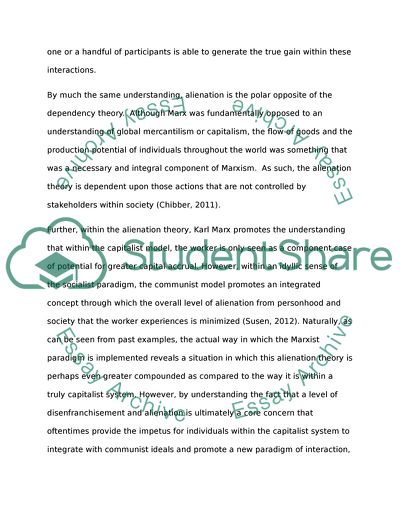Cite this document
(Marxist Theories Essay Example | Topics and Well Written Essays - 2250 words, n.d.)
Marxist Theories Essay Example | Topics and Well Written Essays - 2250 words. https://studentshare.org/sociology/1811593-marxs-concept
Marxist Theories Essay Example | Topics and Well Written Essays - 2250 words. https://studentshare.org/sociology/1811593-marxs-concept
(Marxist Theories Essay Example | Topics and Well Written Essays - 2250 Words)
Marxist Theories Essay Example | Topics and Well Written Essays - 2250 Words. https://studentshare.org/sociology/1811593-marxs-concept.
Marxist Theories Essay Example | Topics and Well Written Essays - 2250 Words. https://studentshare.org/sociology/1811593-marxs-concept.
“Marxist Theories Essay Example | Topics and Well Written Essays - 2250 Words”. https://studentshare.org/sociology/1811593-marxs-concept.


